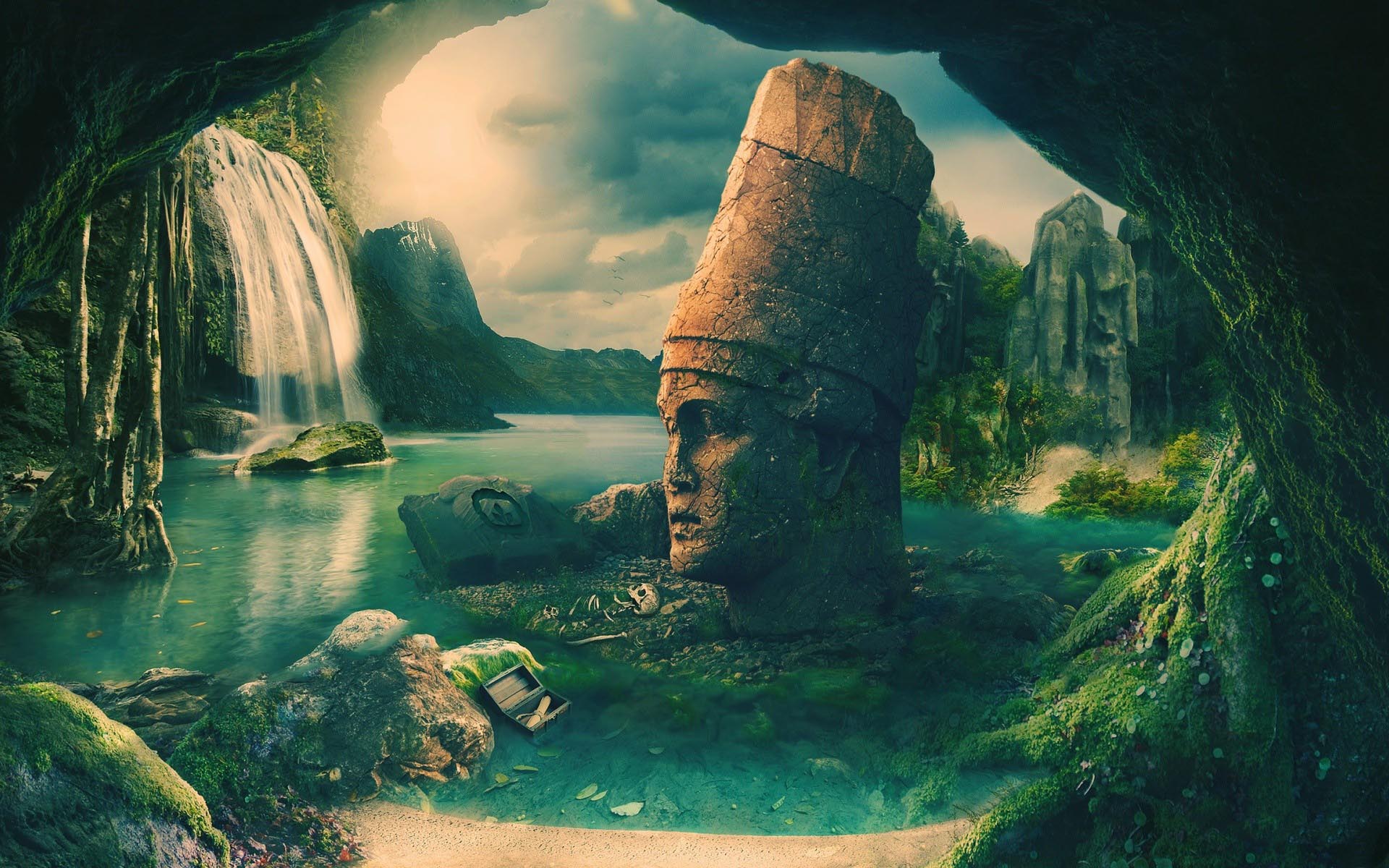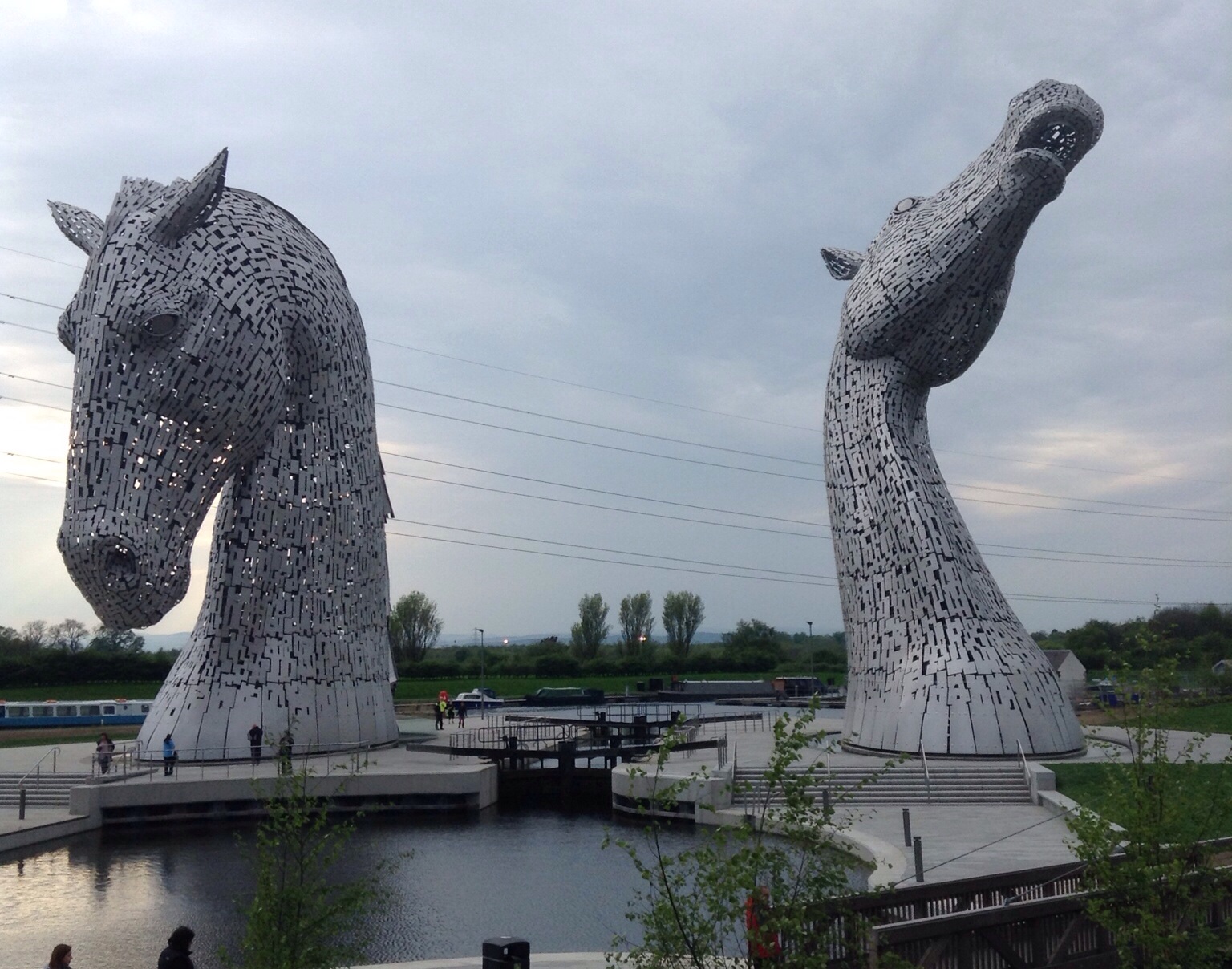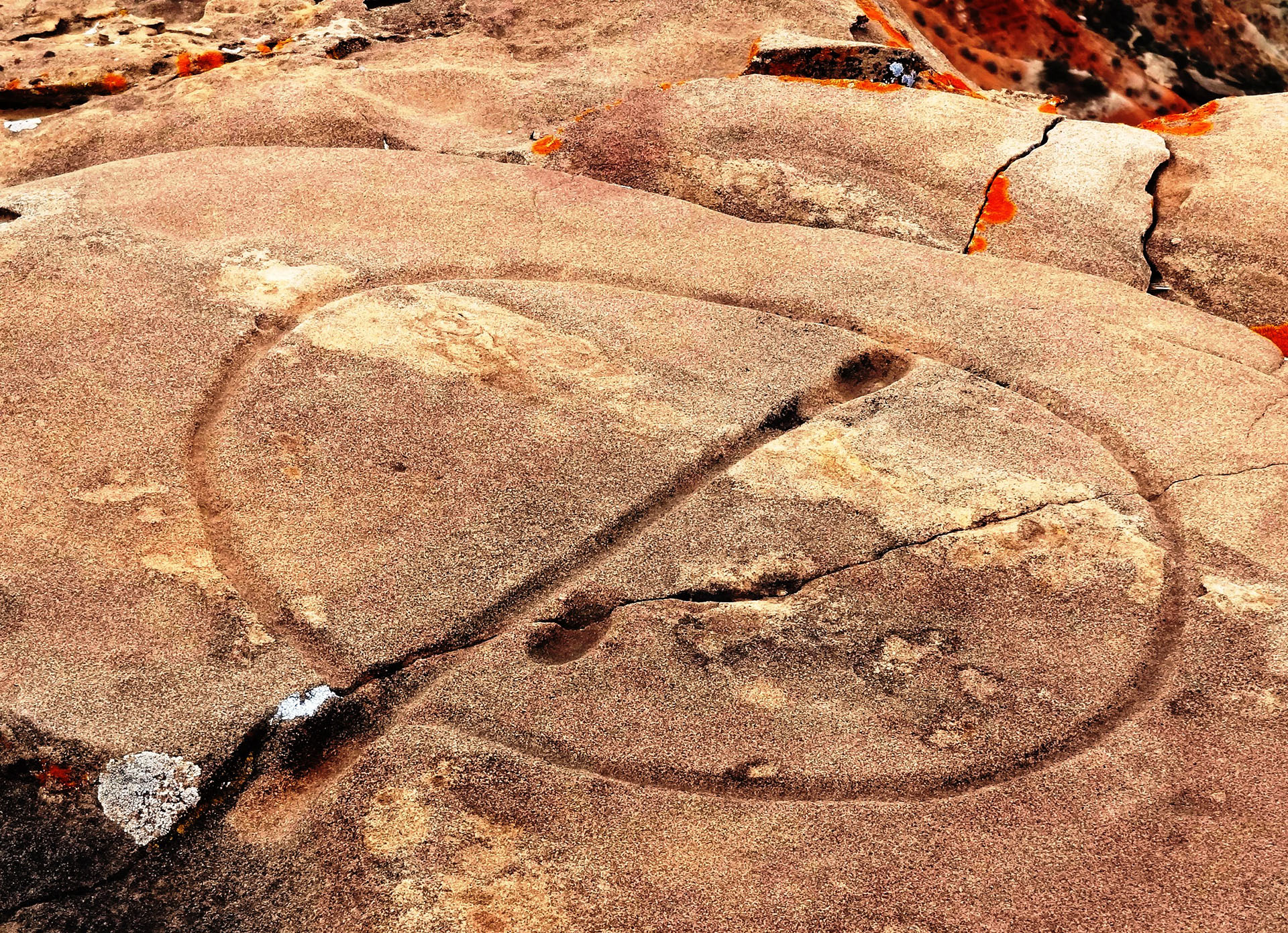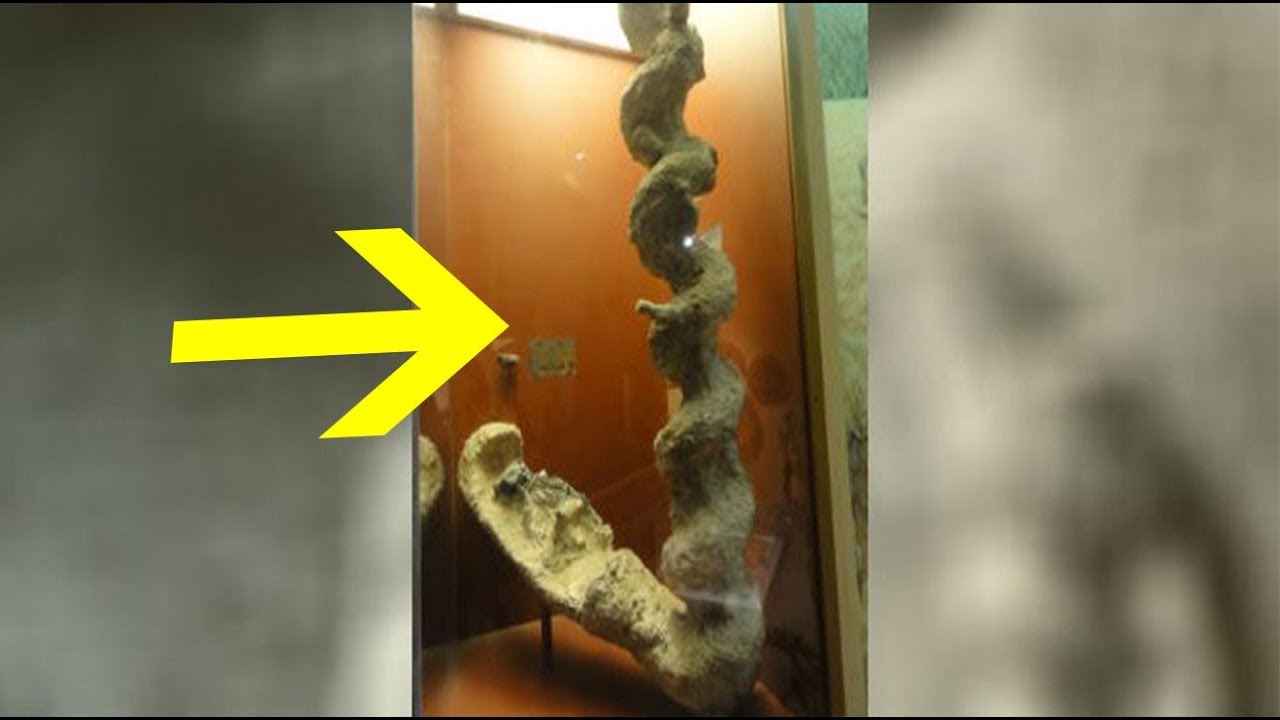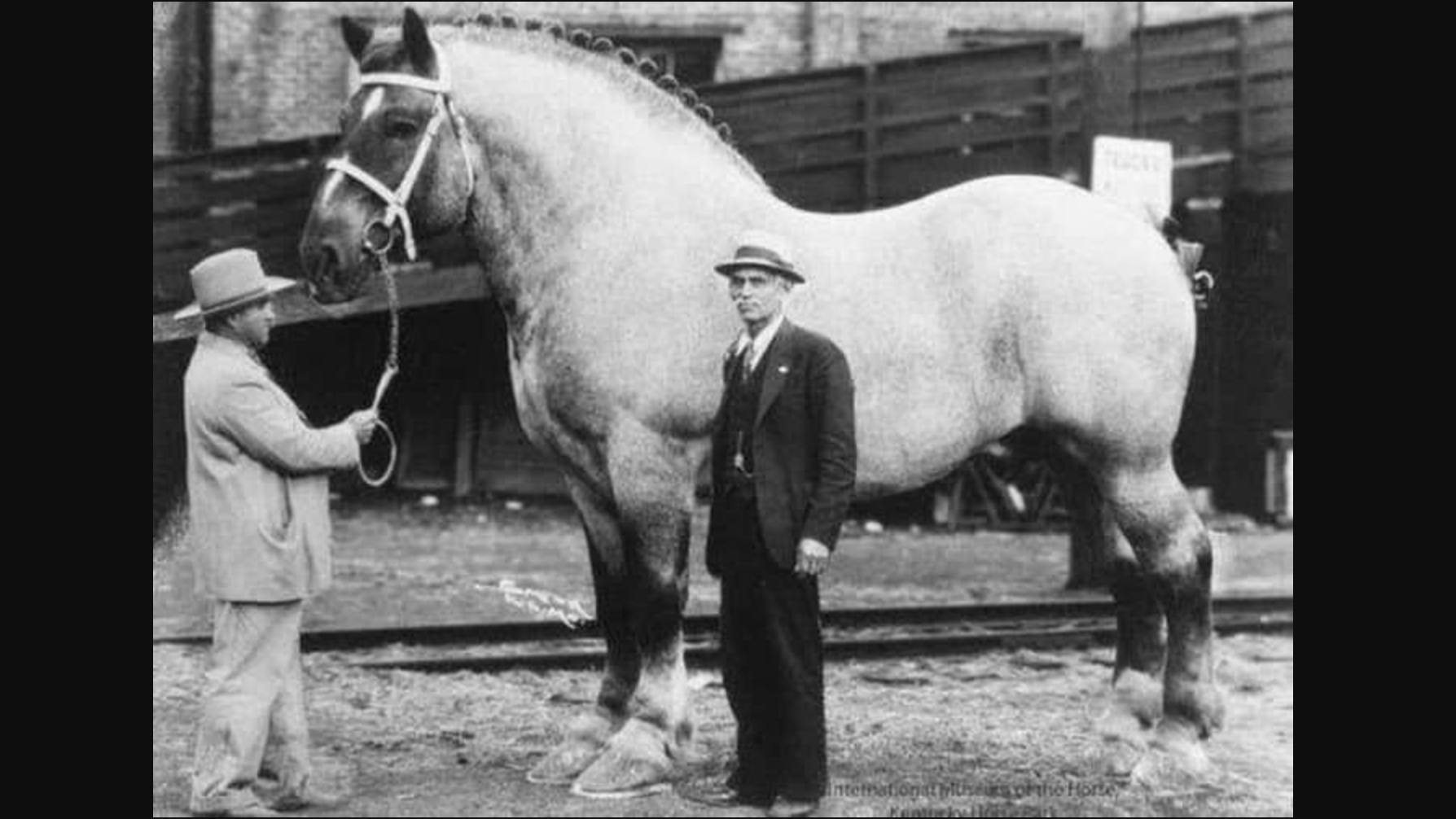Unraveling the Mystery of an Ancient Civilization
Dive into the enigmatic tale of the lost continent of Mu, a captivating story that has captured the imaginations of researchers and explorers for generations. In this article, we will dissect the evidence, separating myth from reality as we endeavor to uncover the truth behind this ancient civilization.
The Legend of the Lost Continent
Origins of the Mu Myth
The story of the lost continent of Mu can be traced back to the late 19th century when Augustus Le Plongeon, a British explorer, and writer, claimed to have discovered evidence of an advanced civilization that once flourished on a now-submerged continent in the Pacific Ocean. Le Plongeon derived his theory from his studies of ancient Mayan texts, which he believed pointed to the existence of a lost continent that had served as the cradle of human civilization.
Atlantis Connection
The concept of Mu has been often compared to the legend of Atlantis, a mythical island nation first mentioned by the Greek philosopher Plato. Similar to Atlantis, the lost continent of Mu was said to have been home to an advanced society that ultimately met its demise due to a catastrophic natural disaster.
The Mysterious Land of Mu: A Cultural Phenomenon
Influence on Popular Culture
Since its inception, the story of Mu has had a significant impact on popular culture. It has inspired numerous novels, films, and television series, as well as fueled the imaginations of conspiracy theorists and alternative history enthusiasts. The allure of a lost, advanced civilization has proven irresistible to many, leading to an enduring fascination with the enigma of Mu.
Pseudoscience and Alternative Theories
The lost continent of Mu has also been the subject of various pseudoscientific theories and alternative historical narratives. Some proponents of the Mu theory claim that the ancient civilization possessed advanced technology, including the ability to harness natural energy sources and even travel through space. Others believe that the remnants of the lost continent can be found in the form of mysterious underwater structures and artifacts scattered throughout the Pacific Ocean.
Debunking the Myth: A Lack of Concrete Evidence
Archaeological and Geographical Inconsistencies
Despite the widespread fascination with the story of Mu, there is a distinct lack of concrete evidence to support its existence. No archaeological finds have been definitively linked to the lost continent, and there are significant inconsistencies between the geographical features described in the Mu myth and the actual layout of the Pacific Ocean.
Criticism of Augustus Le Plongeon’s Work
Modern scholars have also cast doubt on the legitimacy of Augustus Le Plongeon’s research, arguing that his interpretations of Mayan texts were flawed and heavily influenced by his own personal beliefs and biases. Le Plongeon’s work has been criticized for its lack of scientific rigor and methodology, with many experts dismissing his conclusions as pure speculation.
The Role of Natural Disasters in the Formation of Myths
It is important to consider the role of natural disasters in the formation of myths like Mu and Atlantis. Ancient societies often struggled to comprehend the destructive forces of nature and sought explanations for these events in the form of stories and legends. The idea of a lost continent, swallowed by the sea due to a cataclysmic event, may simply be an attempt to rationalize the devastation caused by earthquakes, tsunamis, or volcanic eruptions.
The Lasting Appeal of the Lost Continent
The Human Fascination with the Unknown
Despite the lack of evidence supporting the existence of Mu, the story continues to captivate the public imagination. This enduring fascination can be attributed, in part, to the human propensity for seeking answers to the unknown. The possibility of an undiscovered ancient civilization appeals to our innate curiosity and desire for knowledge, making the story of Mu an enticing enigma.
The Search for Lost Knowledge and Wisdom
Another reason for the continued interest in the lost continent of Mu is the belief that its advanced society possessed knowledge and wisdom that could benefit modern humanity. The allure of uncovering ancient secrets and rediscovering forgotten technologies has driven countless explorers and researchers to search for clues about the enigmatic civilization. This quest for lost knowledge adds an element of mystery and adventure to the story of Mu, ensuring its enduring popularity.
A Cautionary Tale for Modern Society
The legend of Mu also serves as a cautionary tale for modern society. Although it is very unlikely that Mu ever existed since there is no evidence it did, its legend and story serve to remind us of the potential consequences of human hubris and our vulnerability to natural disasters. The downfall of the allegedly advanced civilization of Mu, as described in the myth, highlights the importance of environmental stewardship and preparedness in the face of potential catastrophes.
The Enduring Mystery of Mu
In the absence of concrete evidence, the lost continent of Mu remains a captivating myth that continues to inspire curiosity and fascination. While it is unlikely that a definitive answer to the existence of Mu will ever be found, the story serves as a powerful reminder of the human desire for knowledge and the enduring appeal of the unknown. As we continue to explore the depths of our oceans and the far reaches of our planet, the legend of Mu will remain a tantalizing enigma, inviting us to question the limits of our understanding and the mysteries that lie beneath the surface.
📚📖 Make sure to join Ancient Library on Telegram, and become part of a unique group 👉🏻 https://t.me/theancientlibrary
If you want to help us out and support the page, you can buy us a coffee ( we really appreciate it) 👉🏻 https://www.buymeacoffee.com/ancientlibrary
I am the Librarian, and I, together with the guardians of the Ancient Library, curate content for this site. Welcome, and enjoy your stay.
